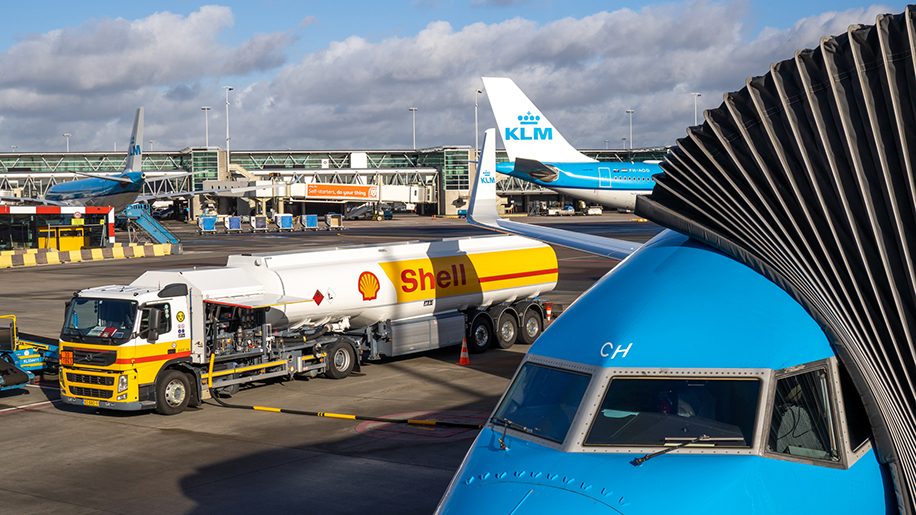
Shell Aviation and American Express Global Business Travel (GBT) have announced that they will work together to increase the use of sustainable aviation fuel (SAF) available to Amex GBT’s corporate customers The two companies are working to “design a model aimed at increasing the supply and use of SAF”.
This idea is that by combining the buying power of airlines and GBT’s corporate business travel customers it will drive this increase in the production and usage of SAF.
Most corporates now have targets around reducing their emissions, yet need a proportion of their employees to return to business travel to drive their economic growth. Options to reduce the emissions from air travel are limited, however, since lower or zero carbon technologies such as hydrogen and electric flight are decades away and offsetting is problematic.
Many corporates therefore see SAF as the only viable, in-sector, option for reducing emissions in the short to medium term.
As background, SAF can be made from a variety of feedstocks and a number of different technology pathways, and campaigners are determined that feedstock should not come from productive farmland but instead should be from waste materials and synthetic e-kerosene. At present, SAF less than 0.1 per cent of aviation fuel used and is produced using one technology type.
Shell is facing the challenge of delivering on its target of being a net-zero emissions company by 2050 and increased pressure from the Dutch courts to accelerate its progress.
Shell says it is “Working with our customers and other sectors to accelerate the transition to net-zero emissions” and initiatives such as this with Amex GBT is part of this.
Anna Mascolo, President, Shell Aviation, said: “We want to help decarbonise the aviation sector and believe this collaboration could deliver new solutions for our customers to reach net-zero emissions…. Even if all publicly announced projects today actually materialize, SAF would still account for just one percent of the jet fuel market by 2030. If the aviation sector wants more SAF by 2025, significant new investments are needed today. This collaboration with GBT aims to create the environment that supports new investment in SAF production and new technologies.”
GBT Chief Executive Paul Abbott said: “We believe aggregating corporate and airline demand is the most efficient way to drive the volume of investment needed to bring change at scale. By working with Shell, we aim to enable corporations and airlines to plot a course towards their own emissions targets, while acting as climate leaders and creating real change.”












